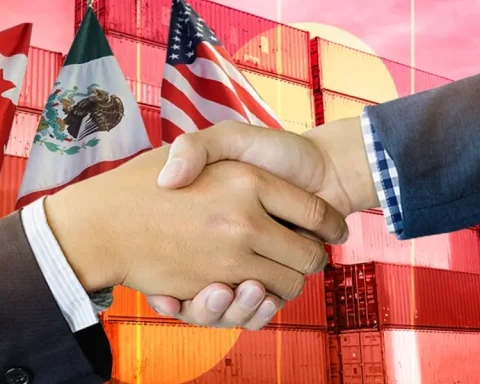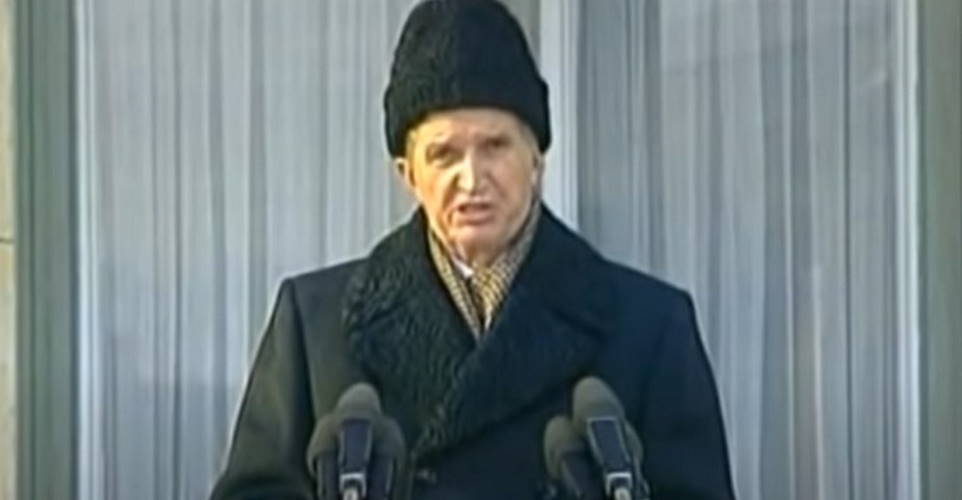1.- Persistent inflation, which will force central banks to raise interest rates for bank loans. And this generates less access to credit for companies, limits consumption and growth of the economy. Another factor that will influence inflation next year is the increase in the minimum wage.
A higher demand for goods after the covid19 pandemic, plus the increase in grain and fuel prices due to the conflict between Russia and Ukraine brought a wave of historic price increases this year, and it seems that it will continue next year.
“The challenge today is that inflation does not take root, say the economists, that expectations remain anchored. January and February are important months because we are going to see if inflation is already falling and may be within expectations, or we are surprised and we begin to see that the slope in January is steeper than we expected,” Correa explained. .
The IMEF expects inflation to reach levels of 5.1% in 2023, still far from Banxico’s goal, which is plus or minus one percentage point at 3%.
“The issue of the increase in the minimum wage is worrying, whether or not it will have an impact on prices, there is a lot of discussion on the subject, because if one of the thousands of small companies that exist in the country and that do not have large margins to face increases, you raise one of its main inputs by 20%, many will try to transfer it to consumer prices,” explained the economist.
According to the National Minimum Wage Commission (Conasami), the increase for the following year will be 20%, from the first days of January.
2.- Debt or cuts in public spending. Having an economic expectation lower than expected by the private sector generates adjustments to public spending, since less income arrives than scheduled, and asking for debt or cutting programs is one of the situations that can arise from this lack of resources, he warned the president of the IMEF in his last conference of the year.
“It seems difficult to achieve 3%. It is far removed from any serious analysis. This harms us because the projected tax revenues cannot be obtained if we grow less than 3%, then all the spending commitments established by the government for the following year could not be respected, unless there is indebtedness, which would not be highly recommended. or cut public sector spending,” Hernández said.
3.- Also of concern is the promotion by the United States of the controversy panel within the framework of the Treaty between Mexico, the United States and Canada (T-MEC) to resolve the claim on the country’s energy policy.
In addition, to the fact that the energy issue goes to international panels and that this affects the decisions for foreign investment and trade between the countries of the agreement, the fact that Mexico is on the path of the use of fossil fuels is worrying, when at a level The global economy, and especially the United States, is choosing and asking companies to integrate more clean energy into their production methods, added Correa.















